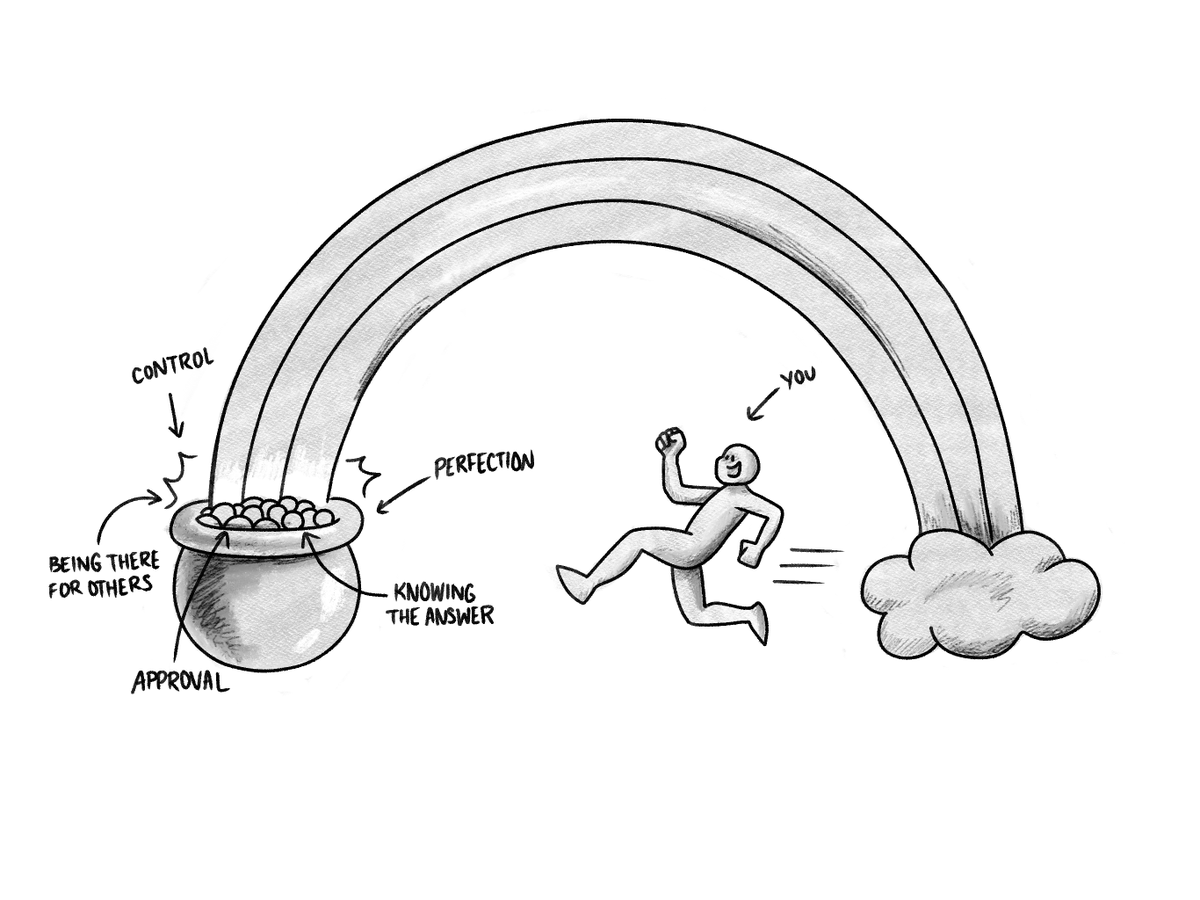1/ Care givers need intentional rituals to either 'lock up' our work or to let it 'pass through us.' Depending on the nature of the day, either can be helpful...
2/ Locking up is for the end of the day to keep you from bringing home what isn't yours to carry.
It is intentional prayer of clarity on, 'what is mine to carry what is theirs, what is God's?' Talk to God, hand it over and go home....
It is intentional prayer of clarity on, 'what is mine to carry what is theirs, what is God's?' Talk to God, hand it over and go home....
3/ But sometimes the weight is too much to lock up. We are human and we are affected by the lives of people we work with and sometimes we can get anxious with all we are exposed to or dealing with, that is where 'passing through' can help...
4/ 'Passing through' helps you realize that this too shall pass. It is the intentional practice of 'here comes the weight, like a storm. It will be with me for a while and will wreak havoc and move on.' It passes on like a weather pattern and its 'damage' is temporary. #soulcare
• • •
Missing some Tweet in this thread? You can try to
force a refresh









